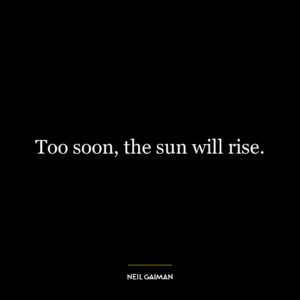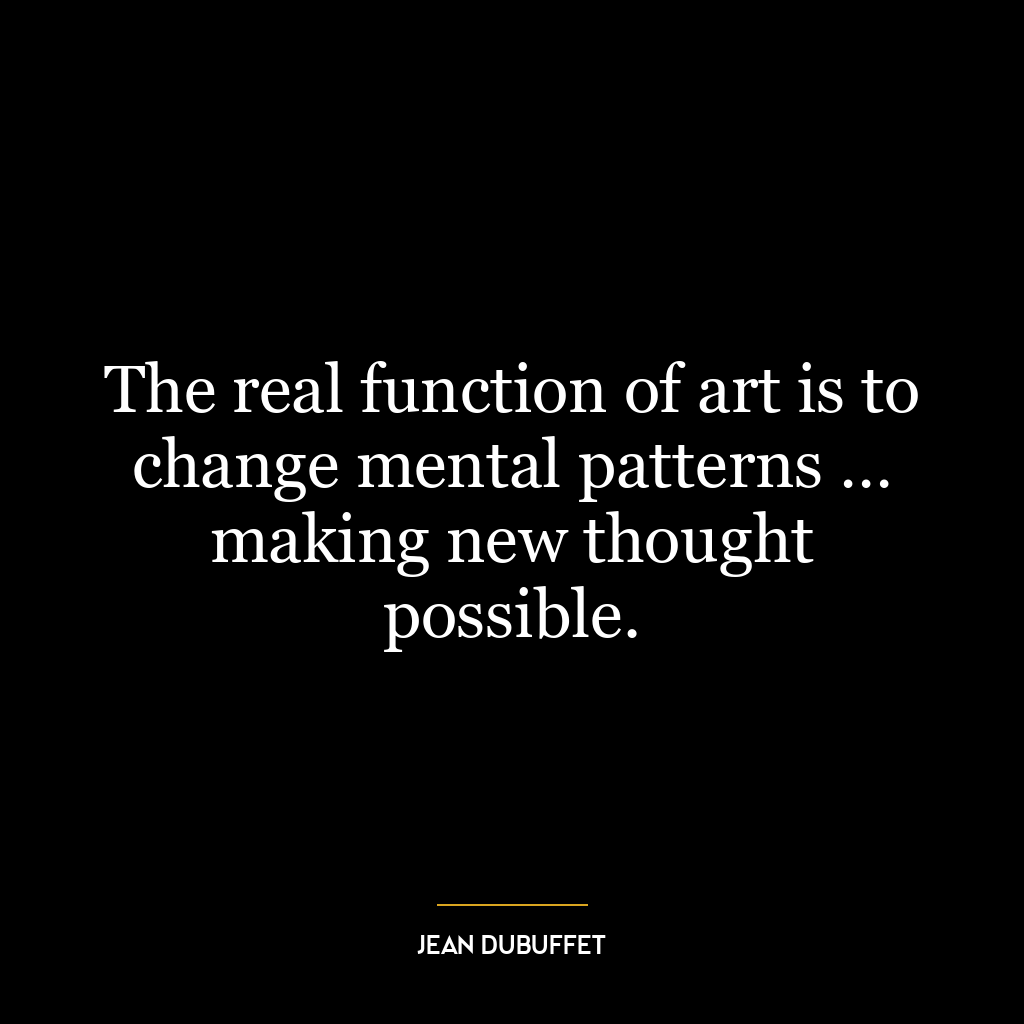This quote speaks to the cyclical nature of existence and the potential for rebirth and transformation inherent in every ending. The phoenix, a mythical bird, is known for rising from its own ashes, symbolizing rebirth, resilience and the eternal cycle of life and death. When it’s said "only the phoenix rises and does not descend," it implies that the only constant in life is change and that even in the face of adversity or destruction, there is potential for regeneration and renewal.
The second part of the quote, "and everything changes," further emphasizes this idea of impermanence. Change is inevitable and constant, and it’s a fundamental part of the human experience. It’s through change that growth, development, and progress occur.
The final part of the quote, "and nothing is truly lost," suggests that while change can sometimes involve loss or endings, nothing is ever truly gone. This could be interpreted in a literal sense, in terms of matter and energy in the universe never disappearing but only changing form. Or it could be seen in a more metaphorical sense, suggesting that experiences, relationships, and lessons learned are never truly lost but continue to shape us and influence our lives in ways we may not always recognize.
This quote can be applied in today’s world and in personal development in numerous ways. It can serve as a reminder that change, even when it seems daunting or negative, can lead to growth and new opportunities. It encourages resilience and adaptability in the face of change, and the belief that we can rise from our own ashes, much like the phoenix. It also encourages us to recognize that while we may lose something in the process of change, we also gain something, whether it’s wisdom, strength, or a new perspective. This idea can be empowering and comforting, providing a sense of hope and optimism even in challenging times.











